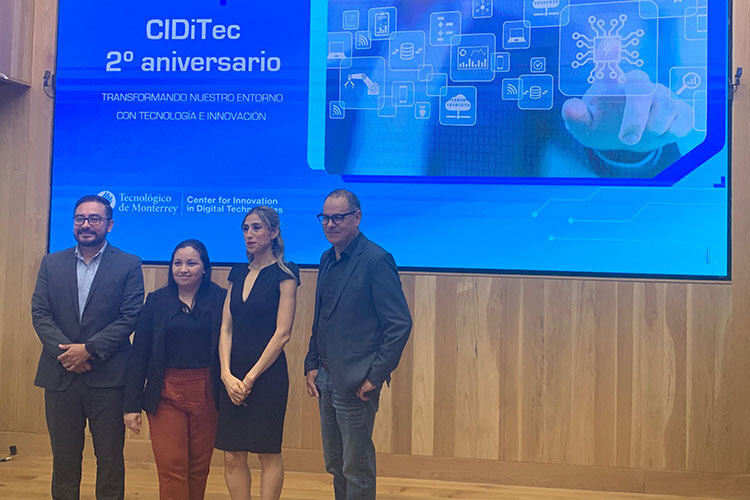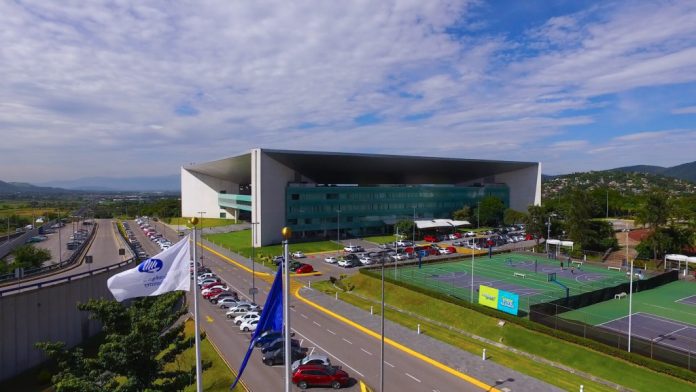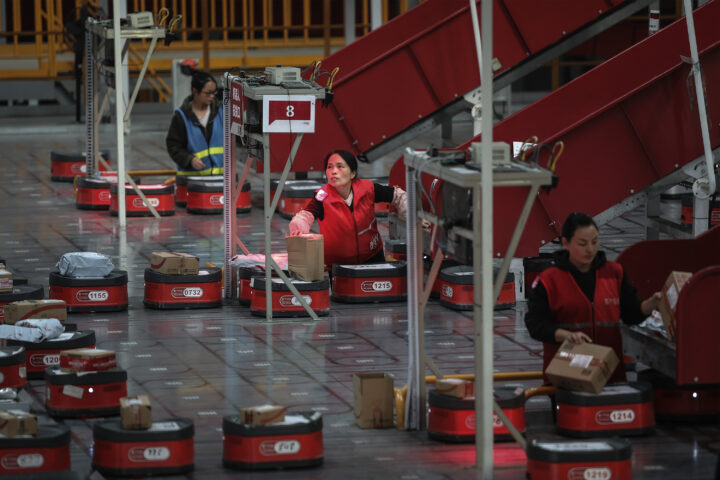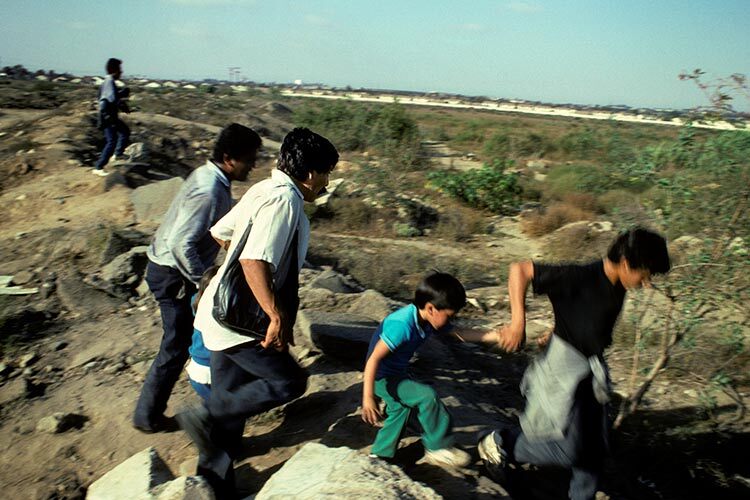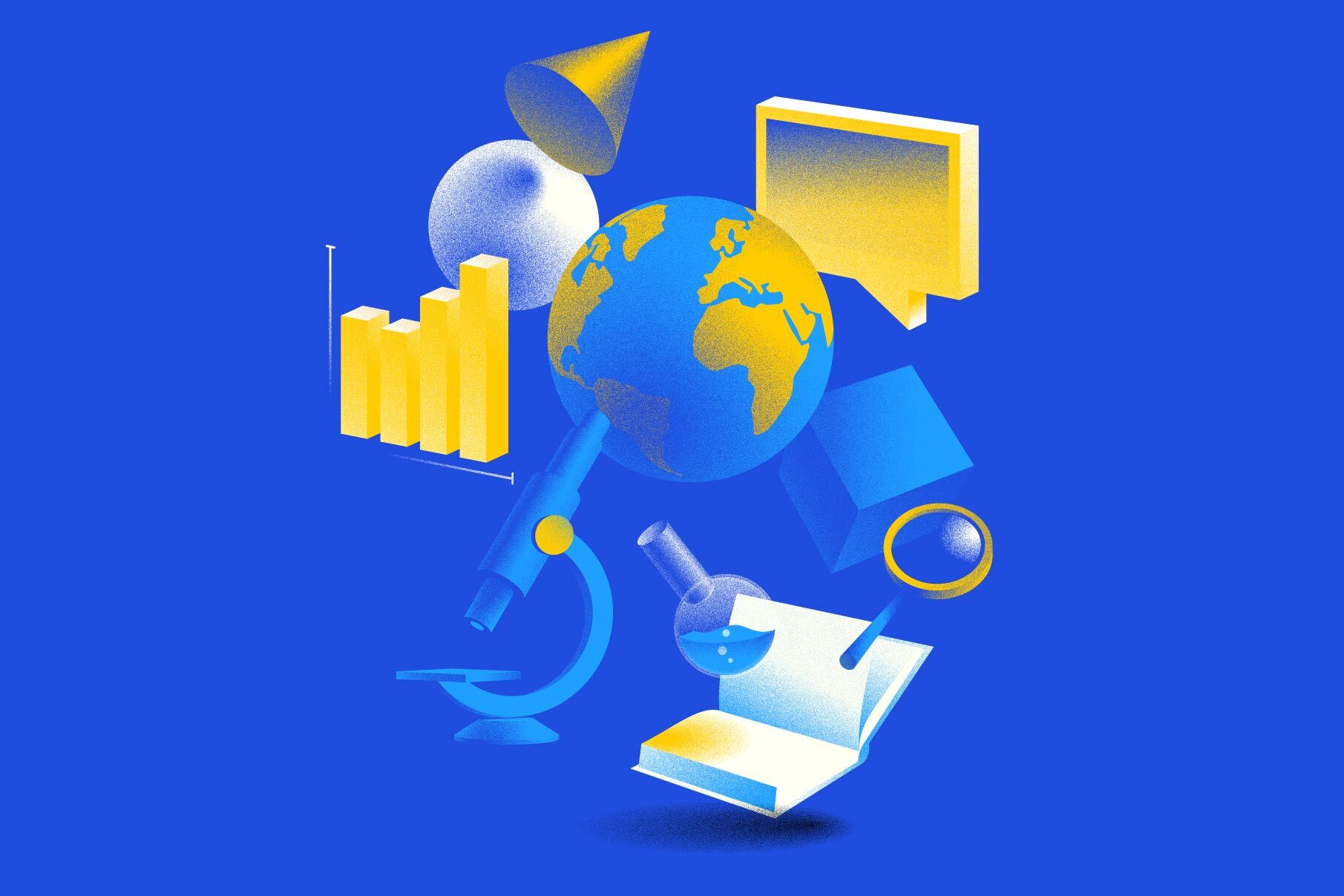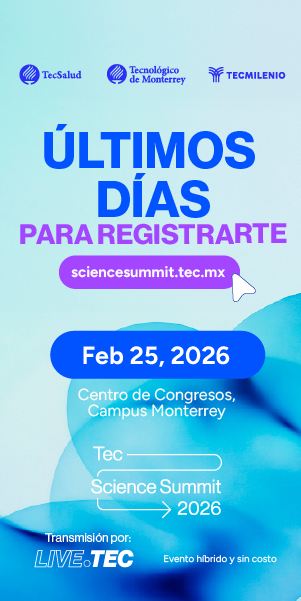Over the past two years, the Center for Innovation in Digital Technologies (CIDiTec) has made significant strides in developing innovations such as real-time water quality measurement mechanisms and an intelligent energy quality monitoring system, among other research projects. This work harnesses digital technologies and applications to transform ideas into tangible products that can reach the market and benefit society.
Drones, assistive robots, AI-powered support applications, computer vision, and material printing are just a few of the developments emerging from this applied research and innovation center at the School of Engineering and Sciences (EIC) at Tec de Monterrey. CIDiTec aims to make a meaningful impact across various sectors, including industry, urban development, healthcare, and enhancing human performance.
Feniosky Peña-Mora, Executive Vice President of Research and National Dean of the school, emphasized the dedication and effort of the researchers who, through the center, are committed to turning ideas into practical solutions.
“In such a short time, this center has achieved remarkable milestones, becoming a crucial pillar for the development of faculty at the School of Engineering and Sciences. It has helped them amplify their projects and move toward innovative solutions that positively impact both our cities and the industry,” he stated.
On October 10, the center celebrated its second anniversary with an event held at the Rector’s office on the Monterrey campus. Attendees included Dean Peña-Mora, Juan Pablo Murra, Rector of Tec de Monterrey, and Sergio Uribe, Director of CIDiTec.
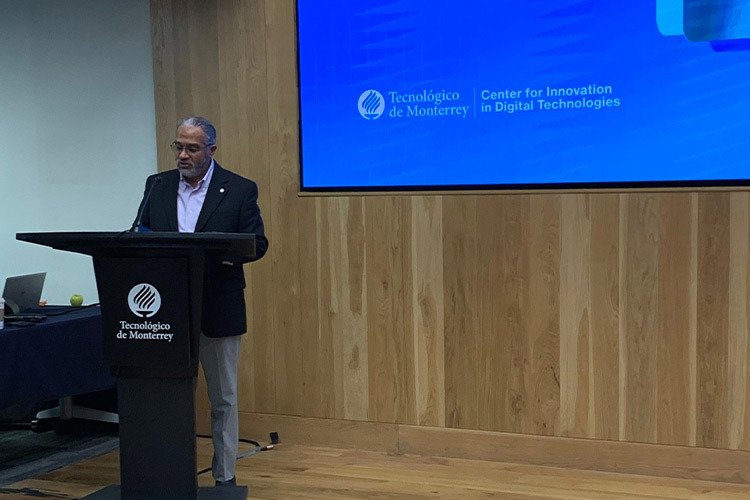
CIDiTec: Turning Ideas into Real Technological Solutions
In just two years, the center—alongside the Technology Transfer Office—has contributed to the creation of four science and technology-based startups within the institution. It has also developed eight minimum viable products (MVPs) with the potential to become viable businesses and has filed 10 patent applications, as highlighted by Uribe.
The director said that the center’s activities over the past year can be summarized into two main areas: maturing and optimizing the innovation ecosystem of the School of Engineering and Sciences, thereby increasing the likelihood that its community will successfully bring ideas and developments to market. Secondly, in the technological sphere, it has been exploring generative transformers (Large Language Models), which are applications that can create significant impacts in health, society, and industry through algorithms.
Uribe emphasized the volume of ideas generated within the institution but stressed the importance of transforming these ideas into products and solutions that generate, not only economic wealth, but social value as well.
“The goal of the center is to figure out how to transfer those ideas from our community into the market and society; we need them to immediately become technology. Once we have it, it’s not enough for it to just work in our lab—we need to turn it into a minimum viable product, understand how the market will accept it, and analyze what the best business model would be,” he declared.
To achieve this, the center has implemented various objectives based on a strategy it calls Innovation Readiness Level. This approach addresses everything from identifying which ideas have business potential, through patent processes and technology transfer, to ultimately generating a spin-off or science and technology-based startup.
“As technologists or scientists, we need to listen to what is needed outside—those social problems that are affecting a country like ours today—and find ways to resolve them while conducting research that is attuned to the market,” Uribe stated.
A Center for Research and Applied Innovation
On October 10, 2022, CIDiTec was launched as a space for conducting applied research projects and technological development.
Through the advancement of digital technologies, the center focuses on making an impact across three dimensions: Smart Industry, Smart Cities, and Smart Health.
The center’s competencies are focused in four key areas:
- Data & Connectivity
- Applied AI
- Smart Manufacturing
- Human-Machine Interaction
Part of the center’s work has involved developing algorithms for various tasks, such as automation, identifying research funding grants, synthesizing ideas, and creating business plans. This process actively incorporates human involvement in analysis and information curation.
Additionally, through calls for the generation of MVPs, spin-offs such as Maedditiva, MikMed, MAPH-BAC, and IoW Agro have been successfully launched.
Juan Pablo Murra, Tec de Monterrey’s Rector, noted that in recent years, the institution has invested in accelerating research efforts, building capabilities, and attracting talent to ensure that research projects can successfully reach the market.
“The opportunities are vast, and the challenges are significant and complex; they will require us to be incredibly innovative and disruptive so that Mexico can increasingly host science and technology-based startups that, through innovation and technology, address many of the challenges we face,” the rector stated.
Were you interested in this story? Do you want to publish it? Contact our content editor to learn more marianaleonm@tec.mx
